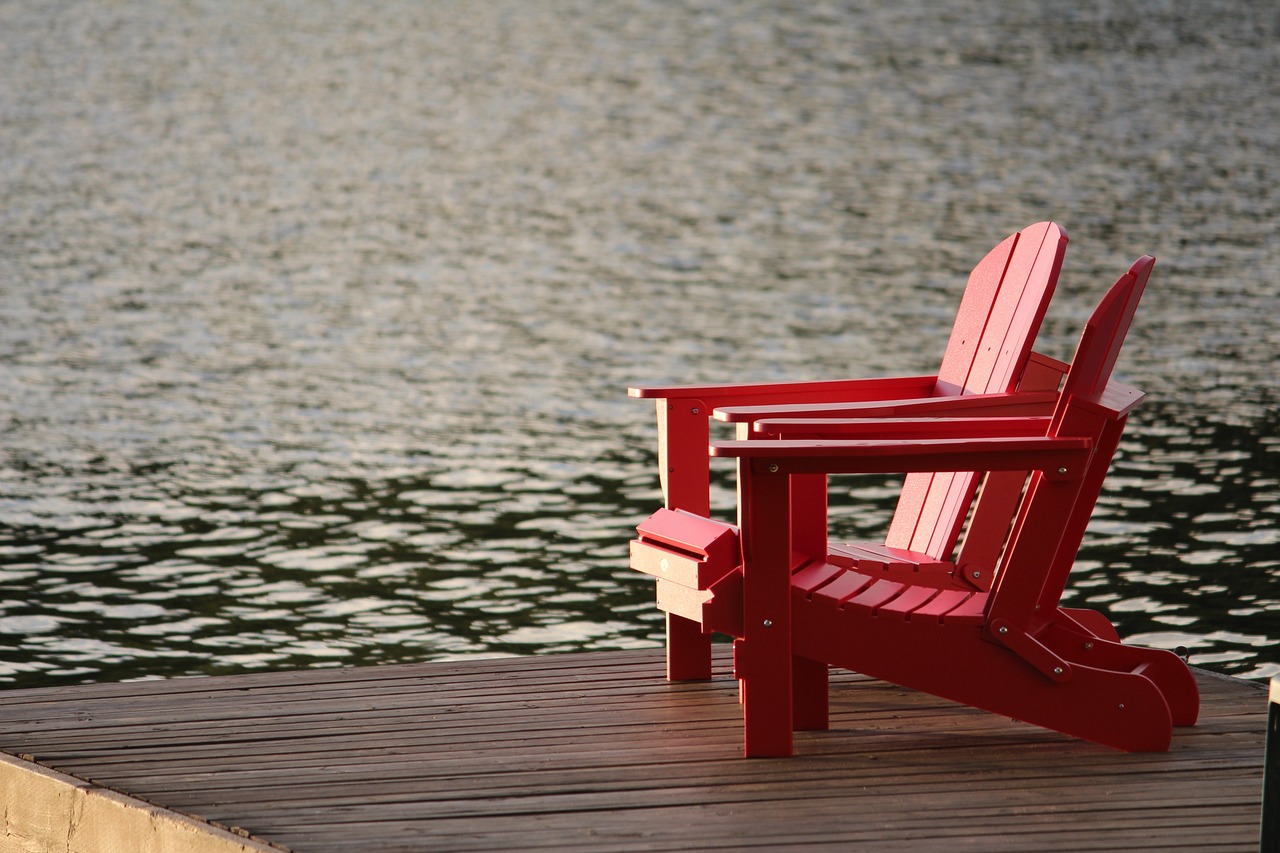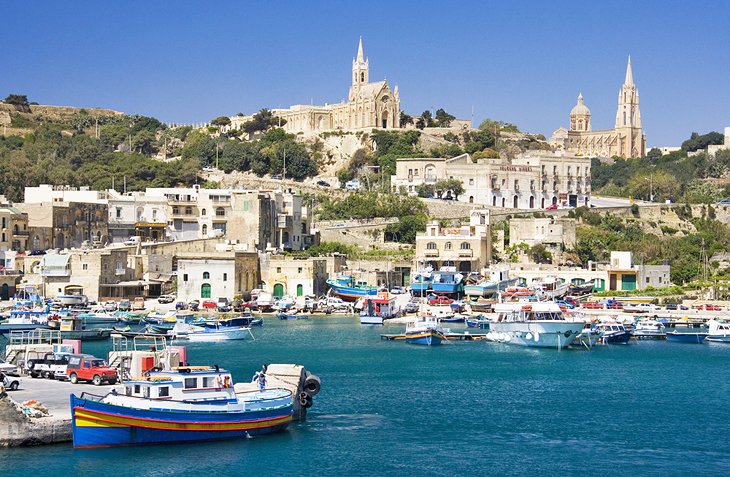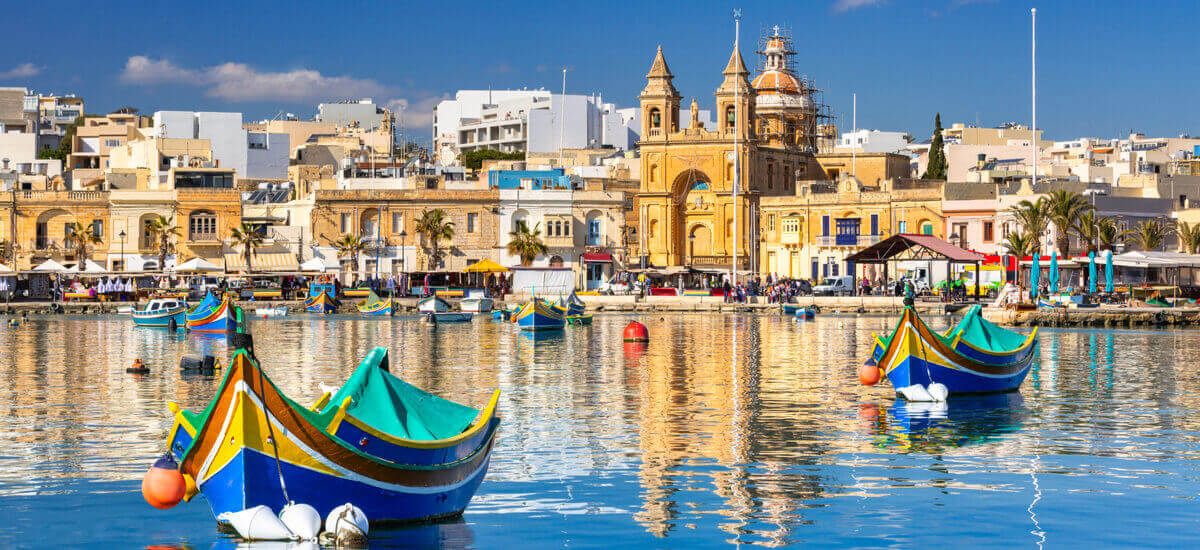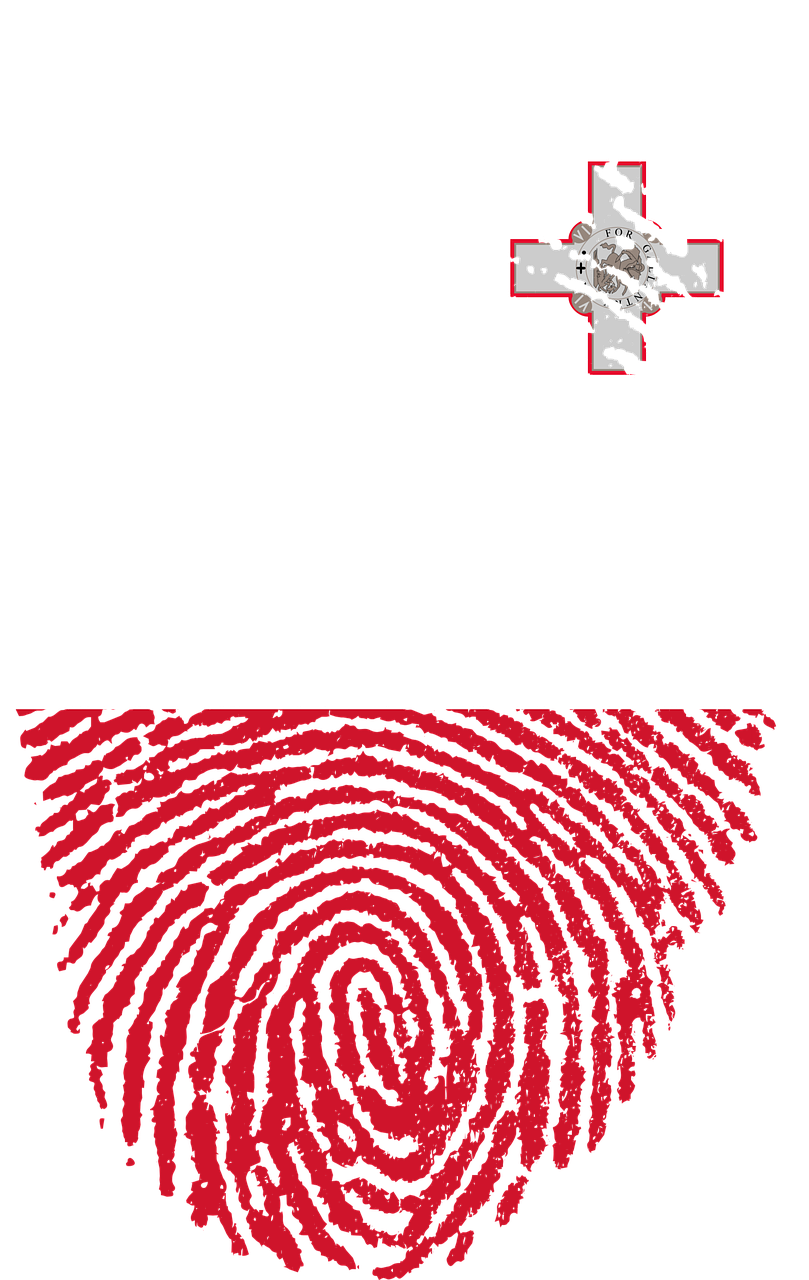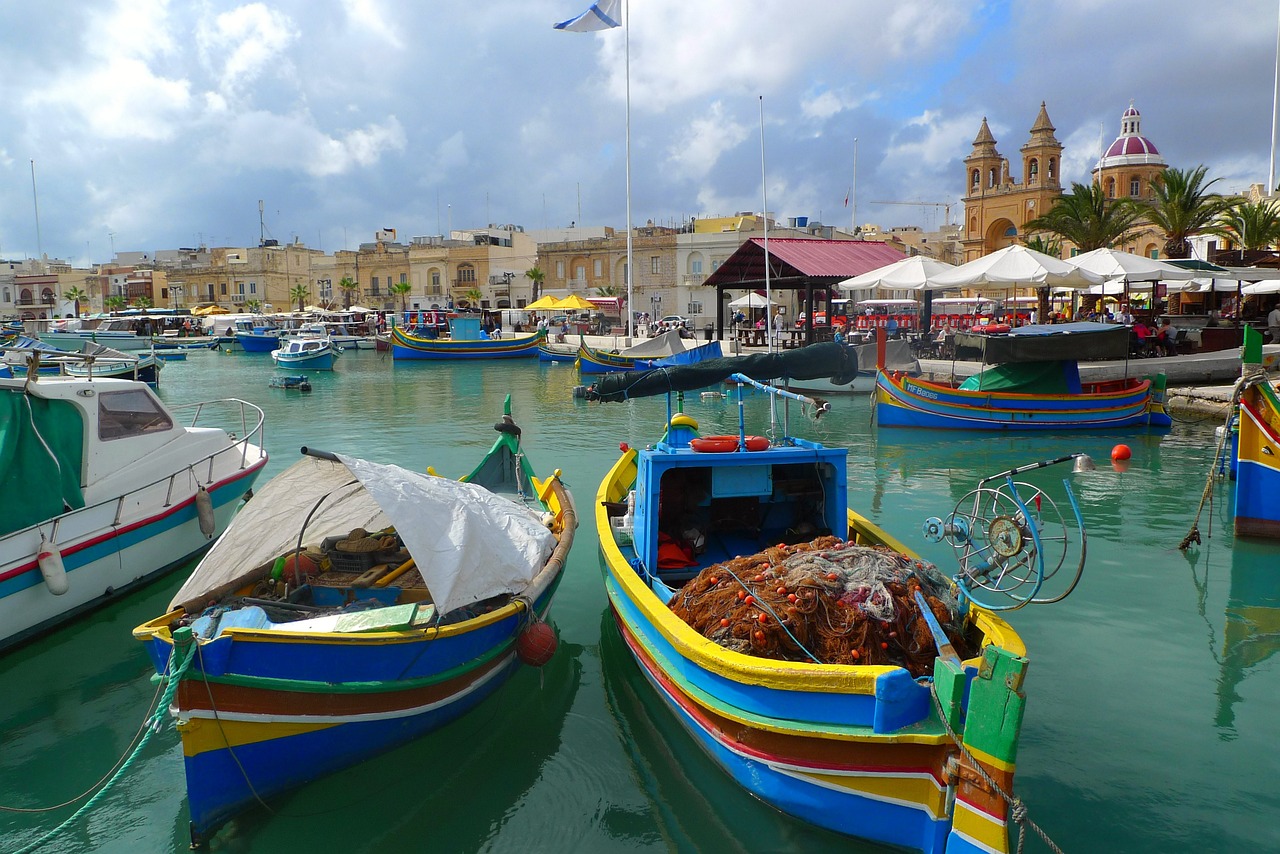Retiring in Malta: A Dreamy Destination for Senior Expats
With its idyllic towns, breathtaking landscapes, and secure environment, Malta has emerged as a sought-after retirement haven for senior expats. This Mediterranean gem offers a lifestyle that is nothing short of a dream. Picture yourself strolling through picturesque streets, soaking up the sun-drenched scenery, and relishing in a peaceful and fulfilling retirement.
Malta boasts a retirement age of 65, although many retirees choose to relocate earlier to fully embrace the tranquility this island nation offers. The cost of living in Malta is significantly lower than in the United States, making it an affordable option for those seeking financial freedom during their golden years.
When it comes to healthcare, Malta ranks among the top five countries in the world, providing a reassuring safety net for retirees. The island offers a range of elderly care facilities, both private and public, ensuring that seniors receive the support and assistance they need.
For those interested in permanent residency, Malta offers various programs, including the Global Residency Program and the Maltese Retirement Program. These initiatives provide opportunities for expats to make Malta their home and enjoy the many benefits it offers.
Whether you choose the vibrant towns of St. Julians and Sliema or the tranquil retreat of Mellieha, Malta offers a kaleidoscope of retirement locations to suit every taste. Embark on a new chapter of your life in this enchanting Mediterranean paradise and experience the freedom and fulfillment you deserve.
Key Takeaways
- Retirement age in Malta is 65, but some retirees relocate earlier.
- Rent in Malta can be 24% lower than in the United States.
- Malta offers a range of elderly care facilities, both private and public.
- Malta is considered a safe country with low crime rates.
Why Choose Malta?
Malta’s popularity as a retirement destination is not surprising given its picturesque towns, landscapes, and range of elderly care facilities, both private and public. The attractions and lifestyle in Malta are major draws for senior expats. With its sunny and mild weather throughout the year, retirees can enjoy outdoor activities and explore the island’s rich history and culture. Additionally, Malta boasts a thriving expat community, providing opportunities for socializing and connecting with like-minded individuals. Expats can join forums and groups to engage in various activities and events, fostering a sense of belonging and friendship. Whether it’s enjoying the vibrant entertainment scene, dining in local restaurants, or simply immersing oneself in the community, Malta offers a great lifestyle for retirees seeking freedom and a fulfilling retirement experience.
Retirement Age and Cost of Living
With a retirement age of 65 and a cost of living that is relatively affordable compared to other countries, this Mediterranean haven beckons those seeking to embrace a new chapter in their lives. Retiring in Malta offers the opportunity to enjoy a comfortable lifestyle while making the most of retirement savings. The cost of living in Malta is lower than in many other European countries, making it an attractive option for senior expats. In addition to the financial benefits, Malta also offers a rich cultural scene with numerous activities and events to keep retirees engaged and entertained. From art exhibitions and music festivals to historical sites and local traditions, there is something for everyone to enjoy. Retirees in Malta can truly immerse themselves in a vibrant and fulfilling lifestyle.
Healthcare and Elderly Care Facilities
The healthcare system in Malta offers a range of options for elderly care facilities, both public and private. Malta is known for its high-quality healthcare, which ranks fifth-best in the world. Retirees in Malta can access publicly funded healthcare as well as private options. The quality of healthcare in Malta ensures that seniors receive the necessary medical care and support they need. However, it is important to consider healthcare costs when planning for retirement in Malta. Private healthcare in Malta can cost between €40 to €80 per month. Some residency permits may also require the purchase of private health insurance. Retirees should factor in these healthcare costs when budgeting for their retirement in Malta to ensure they can afford the necessary medical care and services.
Residency and Citizenship Programs
For those seeking a new chapter in their lives, the various residency and citizenship programs in Malta offer a gateway to a vibrant and inclusive community, where individuals can find a place to call home. Malta provides several options for retirees to obtain residency or citizenship, each with its own set of requirements. One option is the Global Residency Program, which allows for travel within the EU and the right to settle in Malta. This program has stringent monetary requirements. Another option is the Maltese Retirement Program, specifically designed for EU, EEA, or Swiss nationals who rely on a pension for income. Residency in Malta for at least 90 days per year is one of the requirements for this program. Additionally, the Malta Citizenship by Investment Program allows investors to become Maltese citizens by making a specific investment and offers tax benefits. It is important to carefully consider the residency requirements and investment options to choose the program that best suits one’s needs and preferences.
| Residency Program | Requirements |
|---|---|
| Global Residency Program | Stringent monetary requirements |
| Maltese Retirement Program | Residency in Malta for at least 90 days per year |
| Malta Citizenship by Investment Program | Specific investment and tax benefits |
Popular Retirement Locations
Popular retirement locations in Malta include St. Julians, Sliema, Qawra, Mellieha, St. Pauls Bay, and Paceville. These areas offer a variety of amenities and attractions that make them ideal for senior expats looking to retire in Malta. Here are three reasons why these locations are popular choices:
-
Retirement home options: Each of these locations has a range of retirement homes available, catering to different preferences and needs. These retirement homes provide a comfortable and convenient living environment for retirees, offering services such as assisted living, healthcare facilities, and social activities.
-
Expat community activities: Malta has a thriving expat community, and these retirement locations offer plenty of opportunities for socializing and engaging in community activities. Expats can join groups and forums to connect with fellow retirees, participate in social events, and enjoy a sense of belonging and camaraderie.
-
Proximity to amenities: St. Julians, Sliema, Qawra, Mellieha, St. Pauls Bay, and Paceville are all conveniently located near amenities such as shops, restaurants, entertainment venues, and medical facilities. Retirees can easily access everything they need for a comfortable and enjoyable retirement lifestyle.
Choosing one of these popular retirement locations in Malta ensures a fulfilling and vibrant retirement experience with a sense of community and access to essential services and amenities.
Frequently Asked Questions
Are there any restrictions on foreigners purchasing property in Malta for retirement?
Foreigners purchasing property in Malta for retirement face restrictions. Non-EU citizens require an Acquisition of Immovable Property Permit, which takes about three months to process. A notary can assist with the application.
Can retirees from countries other than the UK, Australia, New Zealand, and Canada receive their pensions in Malta?
Retirement benefits for retirees from countries other than the UK, Australia, New Zealand, and Canada in Malta are not explicitly mentioned. However, it is possible for individuals from these countries to receive their pensions in Malta.
What are the requirements for the Global Residency Program in Malta?
The Global Residency Program in Malta has stringent requirements, including meeting monetary criteria. Retiring in Malta offers benefits such as a picturesque setting, low crime rates, high-quality healthcare, and the ability to travel within the EU.
Is it required for retirees to have a clean criminal record to obtain a permanent residence permit in Malta?
Is a clean criminal record necessary for retirees to obtain a permanent residence permit in Malta? Retirees in Malta must meet financial requirements and have a clean criminal record to obtain a permanent residence permit.
How long does the application process for the Acquisition of Immovable Property Permit in Malta usually take?
The average processing time for the Acquisition of Immovable Property Permit in Malta is approximately three months. Retiring in Malta offers benefits such as a sunny climate, a thriving expat community, and a range of retirement locations to choose from.








